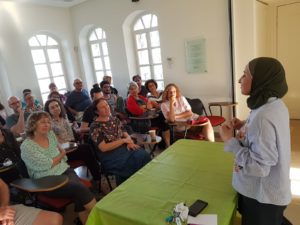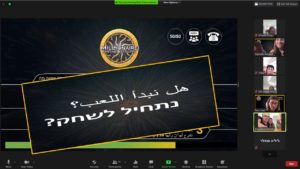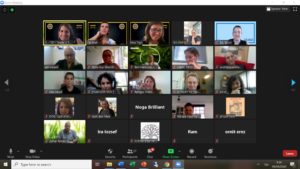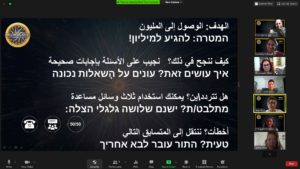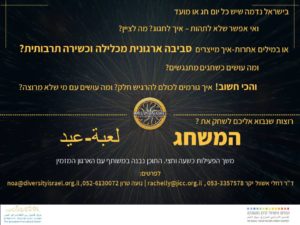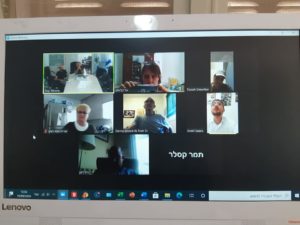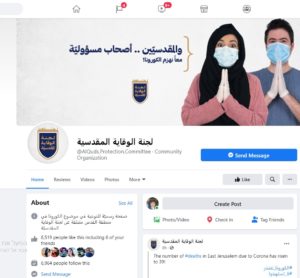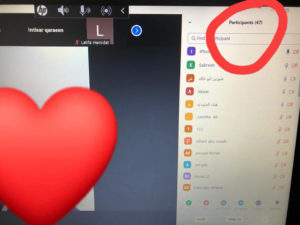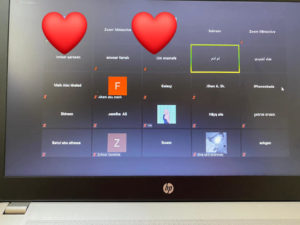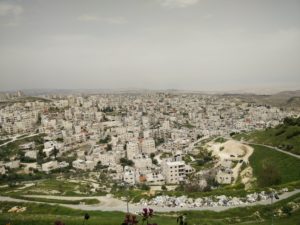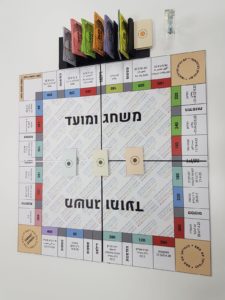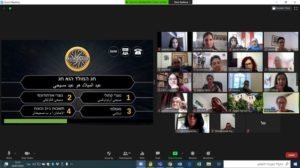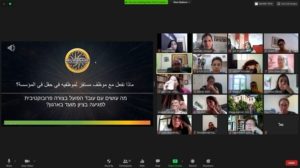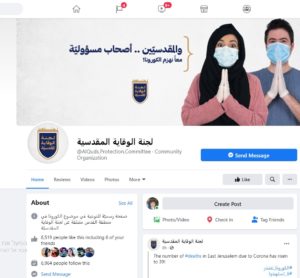Culturally Competent Community Work – JICC Setting Professional Standard
Just before the New Year, our Cultural Competency Desk, led by Orna Shani Golan, and JICC Director Dr. Hagai Agmon-Snir, together with Orit Yulzari, a community social worker, previously the head of the “Gisurim” program, and Dr. Orna Shemer, Lecturer in Community Social Work at the Paul Baerwald School of Social Work at the Hebrew University of Jerusalem, published an article (in Hebrew) in the professional social work journal, Meidaos, called, “I Don’t Know, You Tell Me: A Culturally Competent Dialogue Model.”
The article sets out a 7-step model for social workers in performing their everyday work in a culturally competent manner. These stages, which include, explanations and understanding of the problem and possible solutions by both the social worker and the service recipient can go a long way in providing effective social work services.
You can read the article here and the whole journal here.
Many thanks to the Jerusalem Foundation for their continued support of Cultural Competency in Jerusalem.


